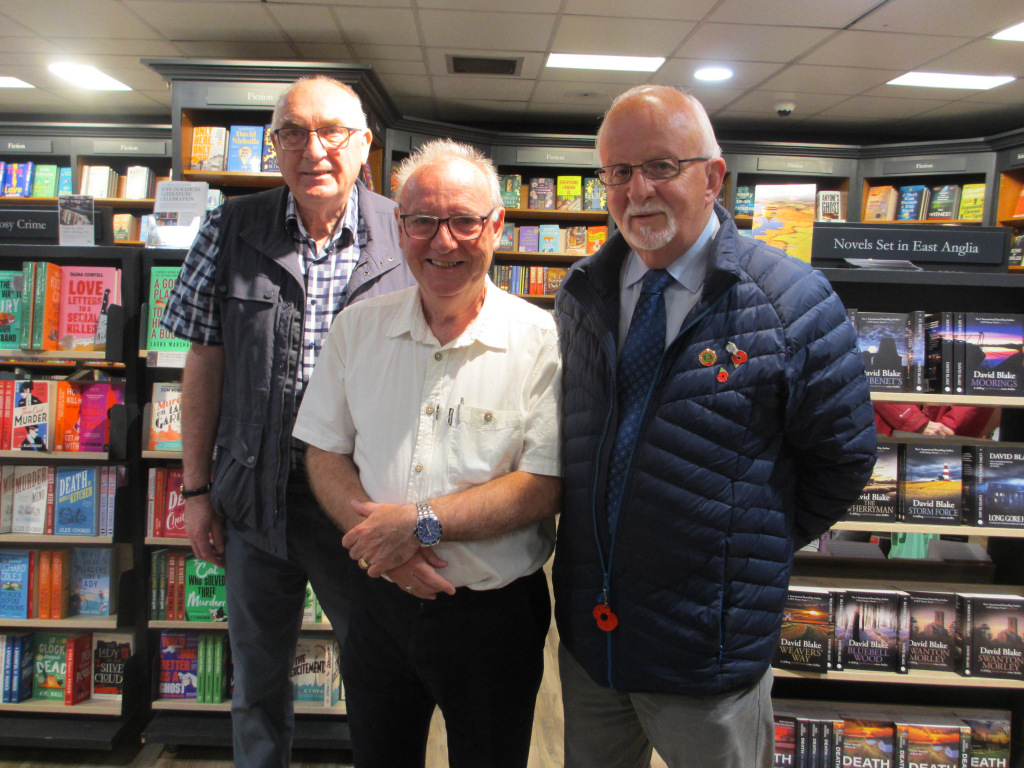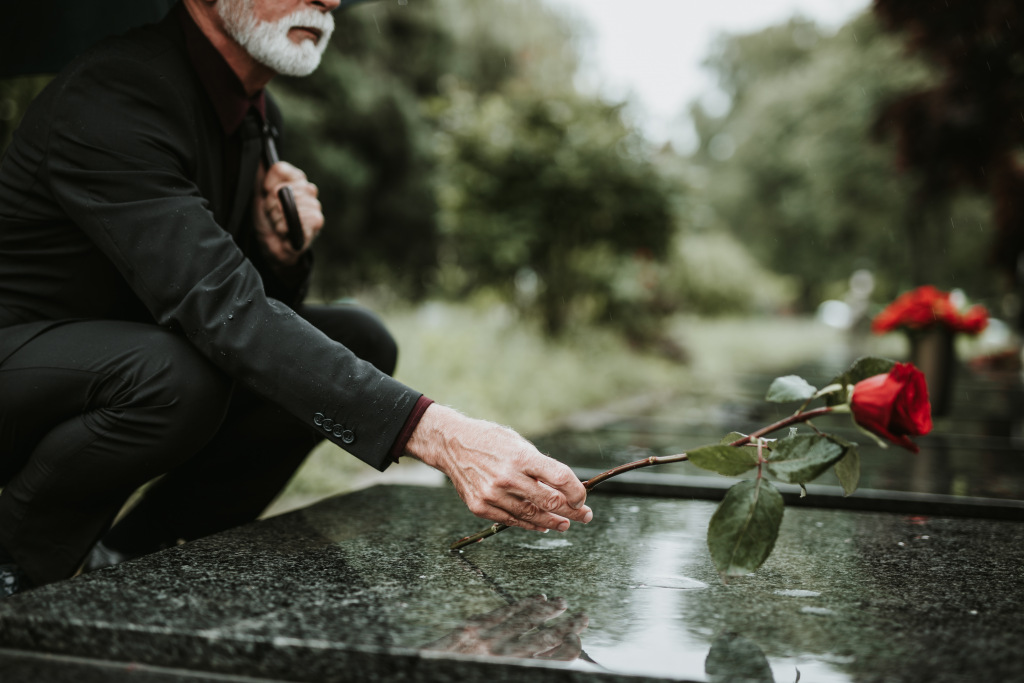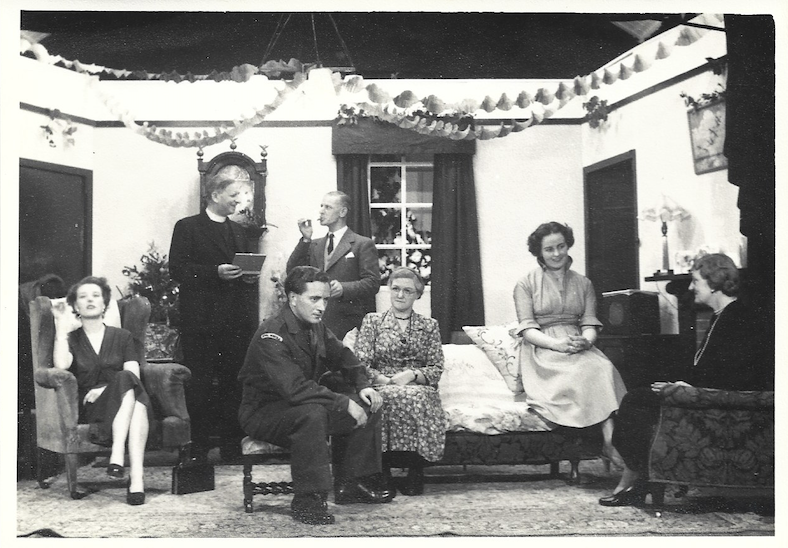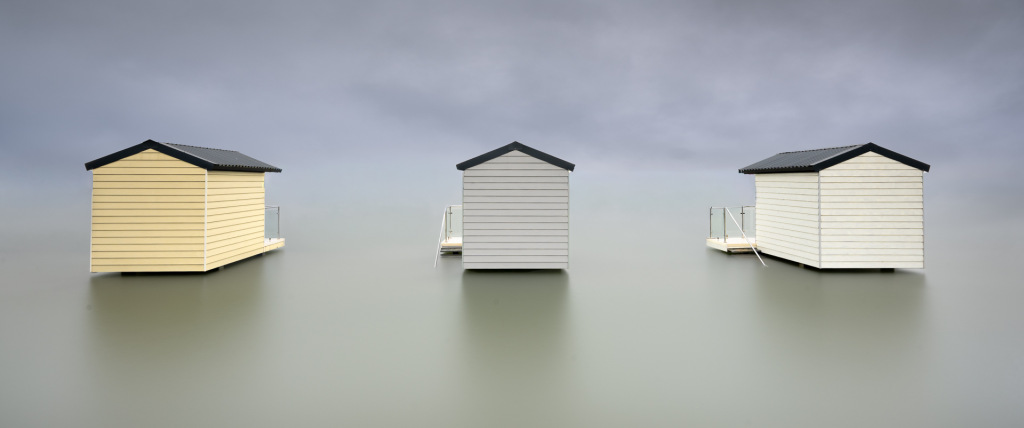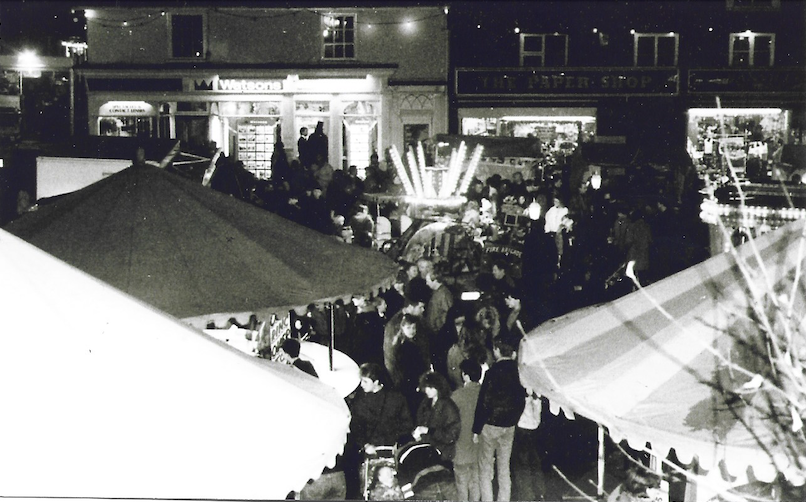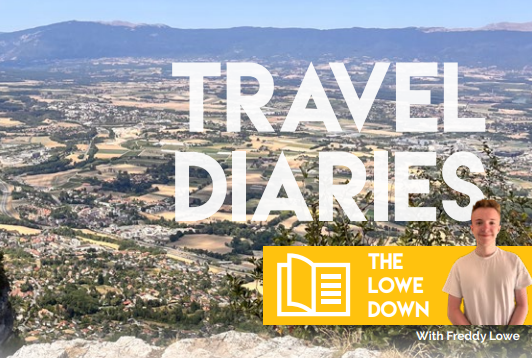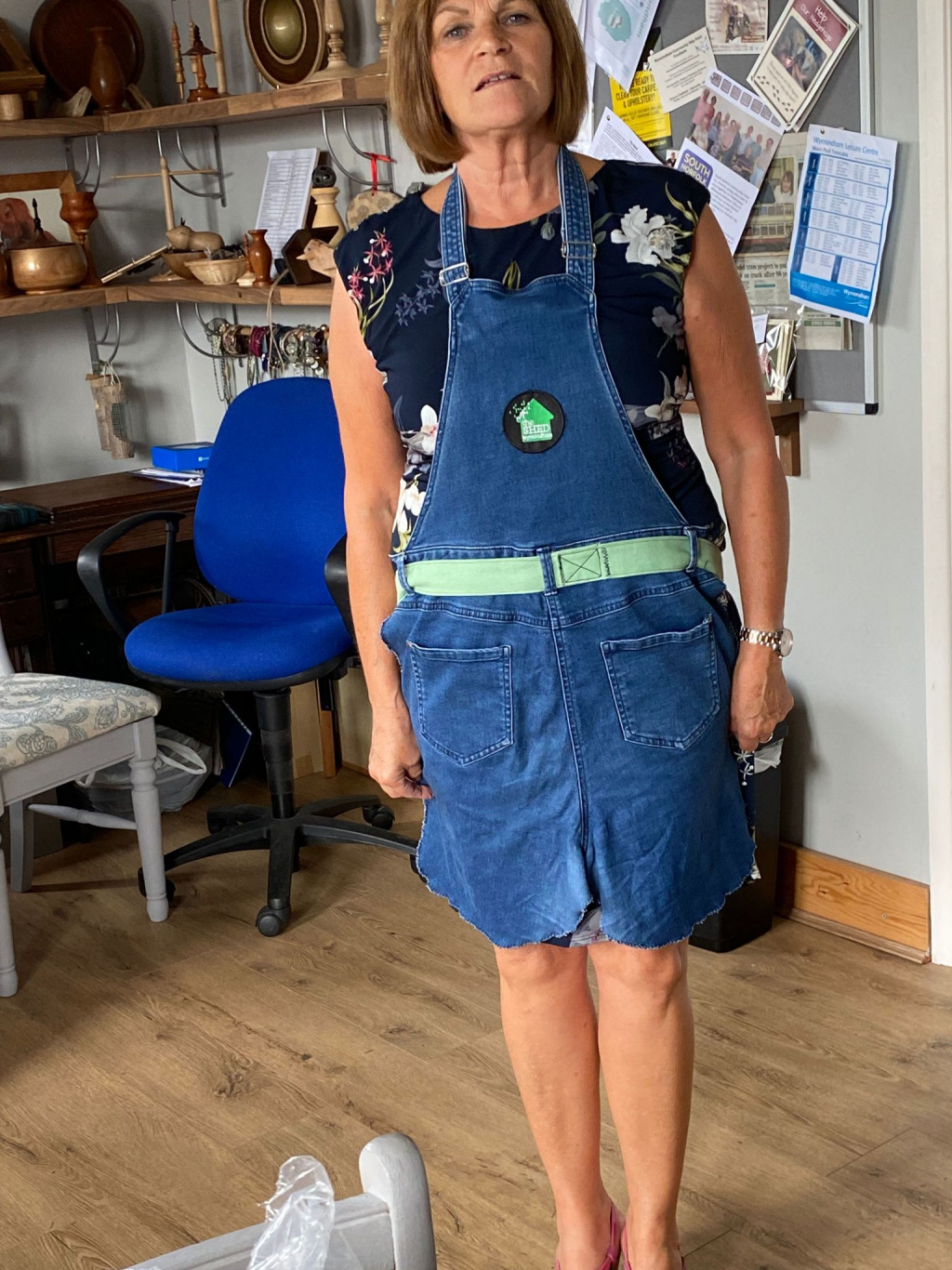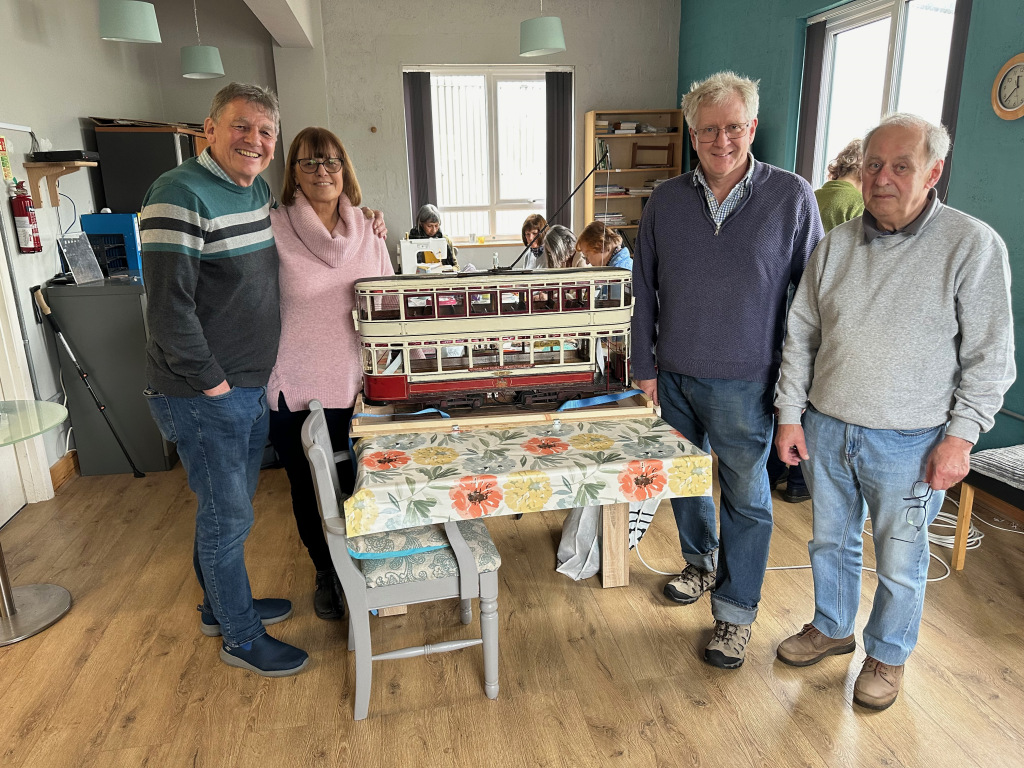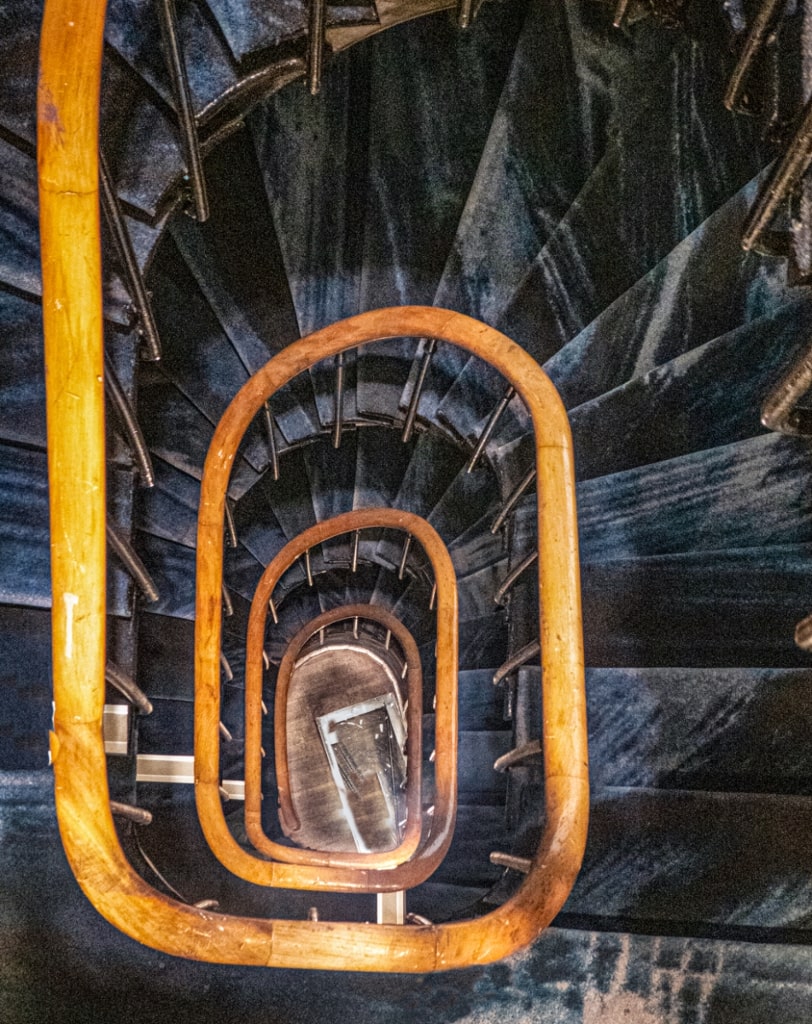Peter Steward and John Head’s book, Hell in Paradise, was published earlier this year. It tells the story of a massacre that took place in WWII in Le Paradis through the eyes of the families who lost loved ones.
I spoke to Peter and John, and Dennis O’Callaghan, a relative of one of the survivors, at a book signing at Jarrolds.
Le Paradis is a small hamlet in Northern France. On the 27th of May 1940, ninety-nine troops from the Royal Norfolk and Royal Scots regiment surrendered to the Germans. They had been fighting a rearguard action, slowing down the advance of the German troops to give the Allies more time to evacuate – this was the Dunkirk evacuation. The German soldiers were led by Nazi SS Commander Fritz Knoechlein.
Knoechlein ordered that the British troops be executed. They were lined up outside a farm building and machine-gunned. Those still seen to be breathing were bayoneted and shot. Only two survived. One was Dennis O’Callaghan’s father, William – known as Bill.
Hell in Paradise tells the story of the rearguard action, and the massacre, through the voices of those families who lost someone there, at Le Paradis.
Peter and John met while walking in Hethersett, where they both live.
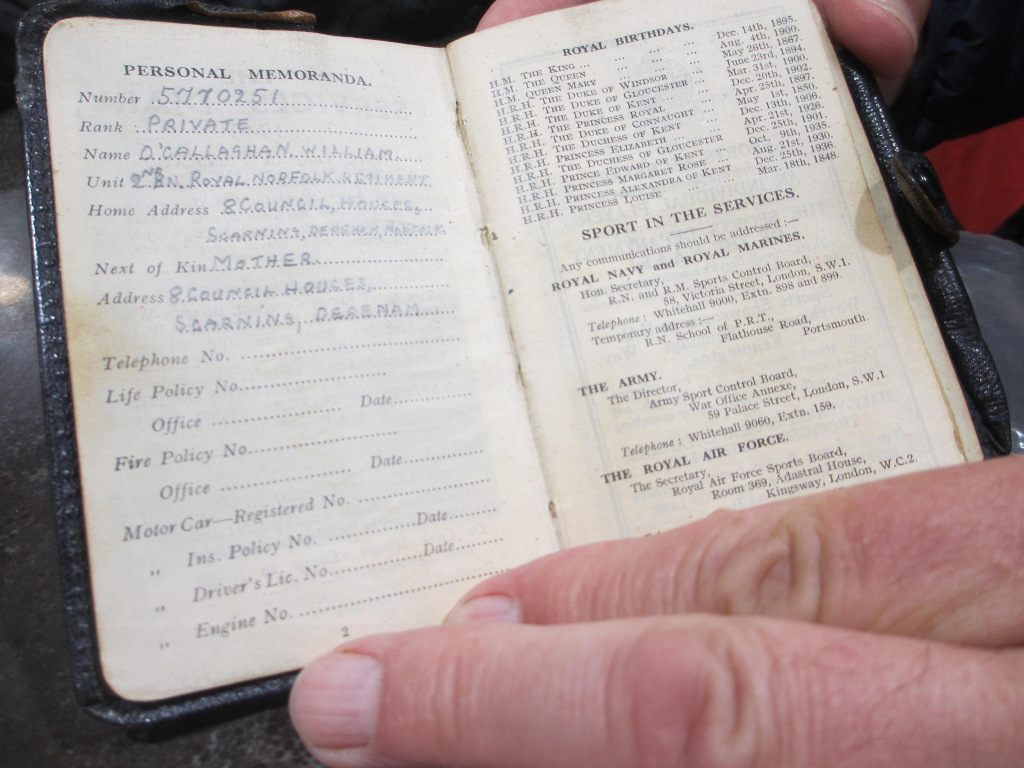
Peter said, “He told me he did presentations on a massacre in northern France, and would I be interested in coming to one? I think the next thing he said was, ‘We’ve got all this memorabilia, and I don’t know what to do with it.’”
Peter suggested a website...and ended up making the website, which took two to three years. Peter continued, “The next thing I said was ‘I think we need a book.’ And John said, ‘Ok, well who’s going to do the book?’”
It was at this point, at a table in the book section of Jarrolds, that John pointed at Peter, although Peter said that they wrote the book together – they can argue about this between themselves, but both names are on the cover.
This book contains interviews with as many people related to the victims of the massacre as they could find. It was a hard task – both logistically, and emotionally.
Peter said, “We wanted to focus on the people, the people and their families.”
John told the story of one man, Philip Curson, who he and Peter went to interview. “Philip said, ‘Could you be there with me? I have a box here which I have never opened. It’s all memorabilia from my family, trying to trace what happened to my father.’
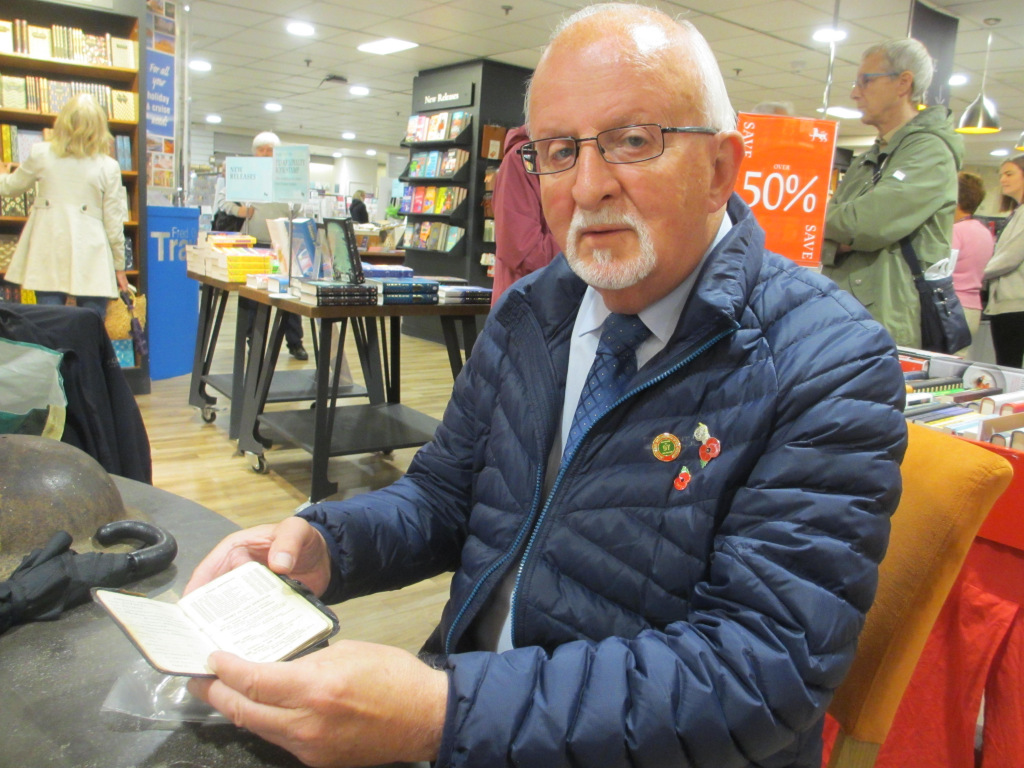
“He stood to attention, and he opened the box.” At this point, John started to get emotional, but Philip did not want them to go.
“He said, ‘Please stay, please don’t move. I’ve got to do this. I have been in denial of this.’ And it was just an incredible experience.”
People are still coming forward with the stories of their relatives. Peter said, “When we met the Princess Royal, she asked, ‘Where do people find this information from?’ and I said, ‘It’s in lofts all over the country.’”
Dennis O’Callaghan’s father, Bill, was one of the two survivors. Dennis told me what had happened to his father after they surrendered.
“They were taken prisoner. As they walked down the road in threes, carrying the wounded, they were put into a field, and all their dog tags were removed. And as they walked in, my father said to an officer with them, ‘Sir, are they going to shoot us?’ The officer said, ‘No, we are covered by the Geneva Convention.’”
Obviously, Bill had been right in his prediction. Later his testimony helped to get Fritz Knoechlein convicted of war crimes, and executed, in 1949.
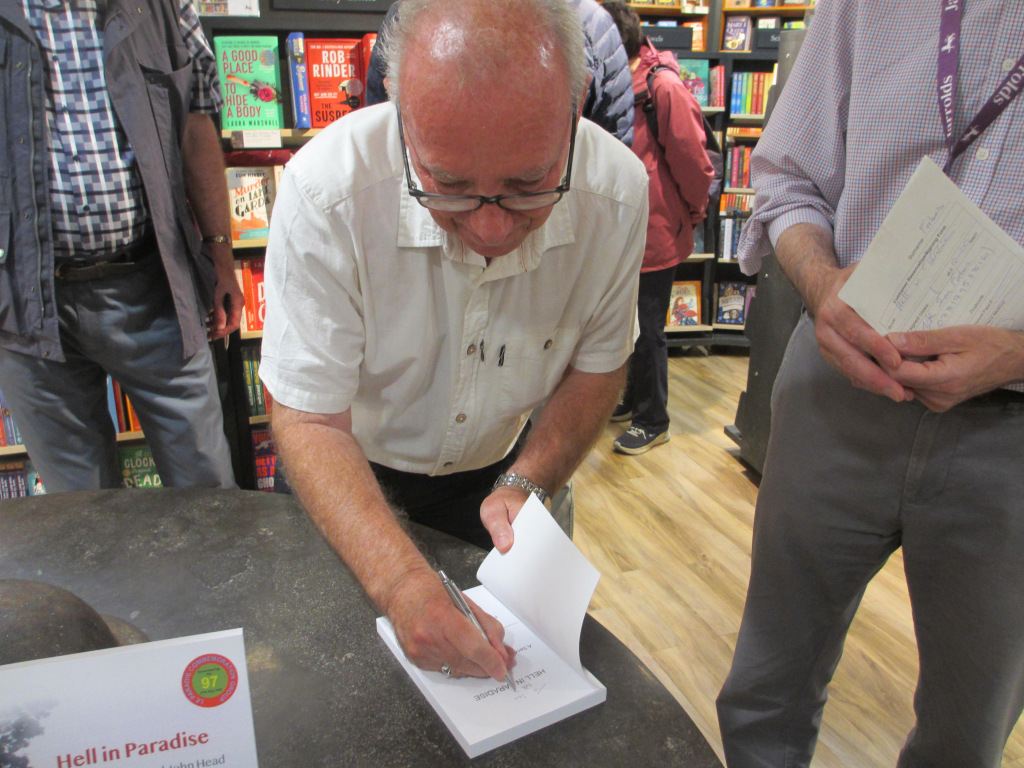
Dennis told me this story, and that of the build-up and aftermath in great detail, so I assumed his father had told him about his experiences. But no, Dennis said that he found out this information from a book by an ex-RAF serviceman, turned historian, called Cyril Jolly: The Vengeance of Private Pooley. Cyril had interviewed his father – his father had talked to Cyril, not to his son.
Peter and John are keen to point out that the book is not just about the massacre. It is about the rearguard action fought in the area by the Royal Norfolks and Royal Scots. These troops had the job of holding their position as long as possible, to give the Dunkirk evacuation as much time as possible.
John said, “Churchill estimated he could get 45,000 off the beachhead. Our guys, including other battalions, held their ground for a further three days. They had an opportunity to escape, but they didn’t take it, and in those three days 45,000 went up to 338,000.”
Hell in Paradise tells the story of those troops that gave their lives to save so many others, through the families that lost them.
You can order the book at Jarrolds, or online by going to their website: leparadismassacre.com.




